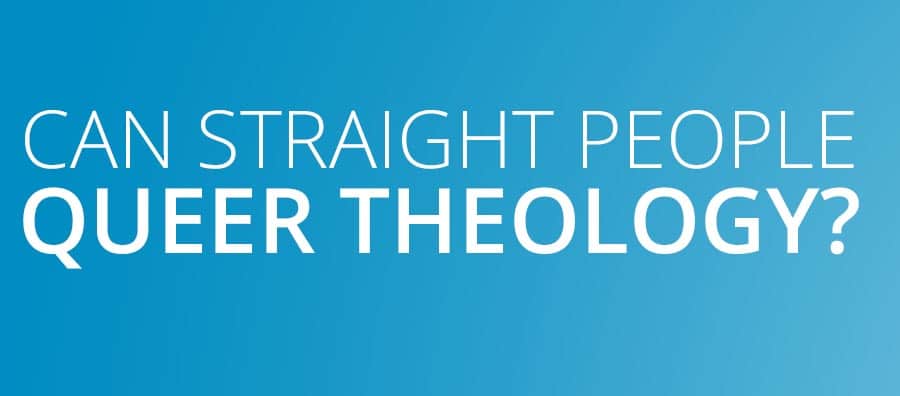We recently got an email with the subject “Reading queerly as a straight/cis dude” and the following question:
I loved last night when you and Brian said about reading your own queerness on top of the text, but I wonder what that means for a person like me? I’m naturally an empathetic person, but I know I’m never going to be able to understand someone’s queer experience firsthand, so I’m trying to figure out what it means to queer my reading of scripture for myself.
If we use the sort of broader definition of queer that you alluded to (subverting dominant norms and all), then I suppose I can start to get a feel for what it means, and listening to voices like yours and Brian’s has certainly helped me to broaden my hermeneutical lens when reading Scripture, but I was just wondering if you had any specific insights on how I might continue to do so.
Thank you so much for your voice and for all you’re doing with QT!
I think this question is one that is on a lot of people’s minds and so (with permission of the asker) I want to share my answer with you:
This is one of those things that I think is so exciting about queer theology; certainly you’re right, you don’t/won’t have a firsthand queer experience and so you can’t read that into the text, but I do think that this idea of reading queerly is about giving people permission to bring whoever they are to the text and to figure out who they are in relation to the story. I think of the way that Jesus told his audience parables and one of the ways he used them was to get the audience to figure out who they were in the story. So in the story of the Rich Man and Lazarus for example: are you the Rich Man? Lazarus? The scribes and teachers listening? Who you are shifts how you hear the story. Often that is uncomfortable because we want to be the hero of the story but sometimes the reality is that we’re the goat!
But there is also a second way of reading queerly and that takes into account this understanding of queerness by Patrick Cheng from his book “Radical Love”. He says, “The second meaning of “queer” is a self-conscious embrace of all that is transgressive of societal norms, particularly in the context of sexuality and gender identity. In fact, this term is best understood as a verb or an action. That is, to “queer” something is to engage with a methodology that challenges and disrupts the status quo. Like the function of the court jester or the subversive traditions of Mardi Gras, to “queer” something is to turn convention and authority on its head. It is about seeing things in a different light and reclaiming voices and sources that previously had been ignored, silenced, or discarded.” (From “Radical Love” Seabury Books 2011)
I think this way of reading the text; of queering popular understandings, of looking for the voices that are silenced or marginalized, of reading to turn authority on its head; that is something anyone can do. I think this is especially important for those of us who are white and live in the USA. Can we read the texts and look for places of resistance against empire? Can we read the texts and see how radical Jesus’ message is? What does it require of us? How does it change the way we live?
These are challenging questions, especially for those of us who have all sorts of privilege. But, honestly, I think the good news of the Gospel has ALWAYS been good news to the marginalized and oppressed and a challenge to those of privilege (but only because we can’t see that we would all be better if there were justice for everyone).

